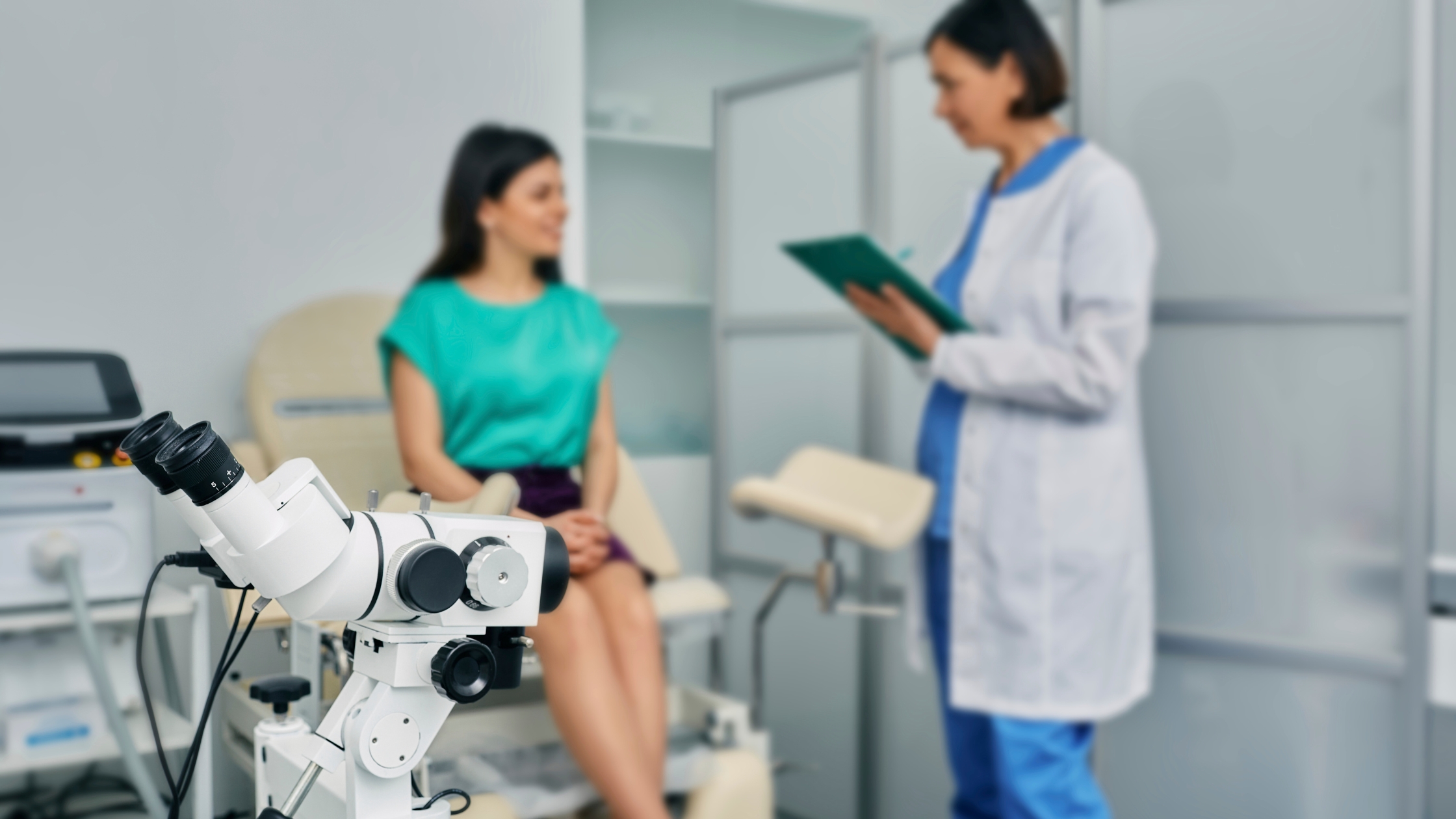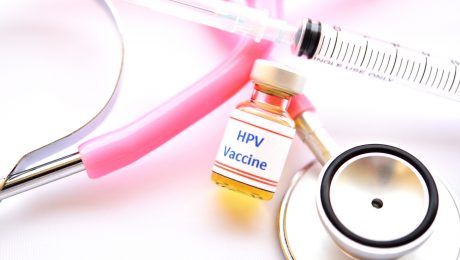HPV Vaccine Effect on Cervical Cancer: Exploring Success Rates and Efficacy
You might already know that cervical cancer is one of the most common cancers affecting women worldwide. With this in mind, we must give thanks to the extraordinary advancements in medical science which has seen the HPV vaccine become a game-changer in preventing this disease.
In this blog, we’ll break down how the HPV vaccine works. We will be sure to explore its success rates as well as why it’s so effective in protecting women from cervical cancer and other HPV-related cancers. Whether you’re a parent considering the vaccine for your child, or simply wondering how it could benefit you, this guide will give you all the information you need to make an informed decision!
What’s the Link Between HPV and Cervical Cancer?
First, let’s talk about what causes cervical cancer. The cause of cervical cancer in nearly all cases is human papillomavirus (HPV), a virus that’s transmitted through skin-to-skin contact during sexual activity, leading to HPV infection. HPV is very common and most people will contract HPV. it at some point in their lives without even knowing. There are several strains of HPV, with two specific HPV types (16 and 18) which are responsible for about 70% of all cervical cancers.
Most times your body will clear HPV infections on its own. Although, in some cases, the virus sticks around and causes abnormal changes in the cervix. Over time, these changes can develop into cervical cancer if left untreated, with the diagnosis usually discovered during a cervical screening test. This is why the HPV vaccine is so important. What it does is help stop the virus before it has a chance to do any damage, potentially going on to prevent cervical cancer.

How Does the HPV Vaccine Protect You?
The HPV vaccines work by teaching your body how to fight off the HPV virus before you’re ever exposed to it. Once you’re vaccinated, your immune system will be able to recognize and destroy the virus if you ever come into contact with it. This will help you in preventing HPV infections from causing problems like cervical cancer, genital warts, or other HPV-related cancers.
There are a few different versions of the HPV vaccine, each targeting different HPV types:
- Cervarix (bivalent vaccine): Protects against HPV types 16 and 18, which are responsible for most cervical cancers.
- Gardasil (quadrivalent vaccine): Protects against HPV types 6, 11, 16, and 18. Types 6 and 11 cause genital warts.
- Gardasil 9 (nonavalent vaccine): Protects against nine HPV types, including the ones that cause cervical cancer and genital warts.
Getting vaccinated for this disease will always be most effective when given before someone becomes sexually active, ideally between the ages of 9 and 14. But don’t worry, adults can also benefit from it. The HPV vaccine is typically given in two or three doses depending on your age.
How Effective Is the HPV Vaccination?
Since 2017, Gardasil-9 has been the only HPV vaccine available in the U.S. The HPV vaccine has been extensively studied, and the results are incredibly positive. Here are some key statistics on its effectiveness:
- Prevents infection: The HPV vaccine has reduced infections of high-risk HPV types by up to 86% among teenage girls and 71% among young women.
- Decreases cervical pre-cancers: In countries like Australia, where vaccination programs are well-established, the number of precancerous lesions in the cervix (which can lead to cervical cancer) has significantly dropped among young women.
- Reduces cervical cancer rates: Studies show that the HPV vaccine can prevent more than 90% of HPV-related cancers, including cervical cancer. Some experts predict that countries with high vaccination rates, such as Australia, could virtually eliminate cervical cancer within the next few decades.
- Protects against genital warts: The quadrivalent HPV vaccine (Gardasil) has led to a 90% drop in genital warts cases in vaccinated populations.
Who Should Get the HPV Vaccine?
The HPV vaccine is recommended for both girls and boys, with infections able to affect everyone as they become sexually active. Thanks to the National HPV Vaccination Program in Australia, these vaccines are typically given at school to adolescents, usually around ages 12 to 13. This program ensures that the vaccine is offered for free and widely accessible to everyone.
While the vaccine is most effective when given before someone becomes sexually active, older teens and adults who didn’t receive the vaccine at a young age can still benefit from it. Women up to the age of 45 can receive the vaccine. This is because it helps prevent future HPV infections. However, it’s important to remember that the vaccine won’t treat existing infections, emphasising how it’s most effective when given early. If you haven’t been vaccinated, talk to your local immunisation provider or doctor about whether it’s right for you. They will help you understand how many doses you might need based on your age and vaccination status.

Will You Still Need Cervical Screening If You Get the HPV Vaccine?
Yes! While the HPV vaccine is incredibly effective at preventing cervical cancer, it doesn’t protect against all HPV types or all causes of cervical cancer. That’s why regular cervical screening (previously known as the Pap test) is still essential for women, even if they’ve been vaccinated.
In Australia, women aged 25 to 74 should have a cervical screening test every five years. This test looks for high-risk human papillomavirus (HPV) types that could cause cervical cancer. This allows doctors to catch any abnormal changes in the cervix before they become more serious.
So, if you’re vaccinated, make sure you still go for your regular screenings, because it’s a key part of staying healthy and catching issues early.
The Safety and Side Effects of HPV Vaccination
The HPV vaccine has been thoroughly tested in clinical trials and is considered very safe. Millions of people around the world have received the vaccine, and it continues to be monitored by American health organisations like the National Cancer Institute and Vaccine Safety Datalink to ensure its safety.
Most side effects are mild, with the most common being a sore arm where the vaccine was injected. Other possible side effects include slight fever, headache, or dizziness, but these usually go away on their own. Serious side effects are extremely rare.
The Future of HPV Vaccines to Prevent Cervical Cancer
The HPV vaccine is one of the most effective tools we have in preventing cervical cancer and other related cancers. By getting vaccinated, you or your loved ones can dramatically reduce the risk of developing these diseases later in life. The vaccine has already shown tremendous success in reducing infections. In the future with widespread use, it could be possible that cervical cancer is nearly eliminated.
At Nurture Gynaecology, we believe in empowering women to take control of their health. If you have any questions about the HPV vaccine or women’s health, don’t hesitate to reach out to us. We’re here to guide you every step of the way, ensuring you have the knowledge and resources to stay healthy.
For more information about our gynaecology services, or to schedule an appointment, Contact Nurture Gynaecology in Brisbane today.
- Published in Blogs
